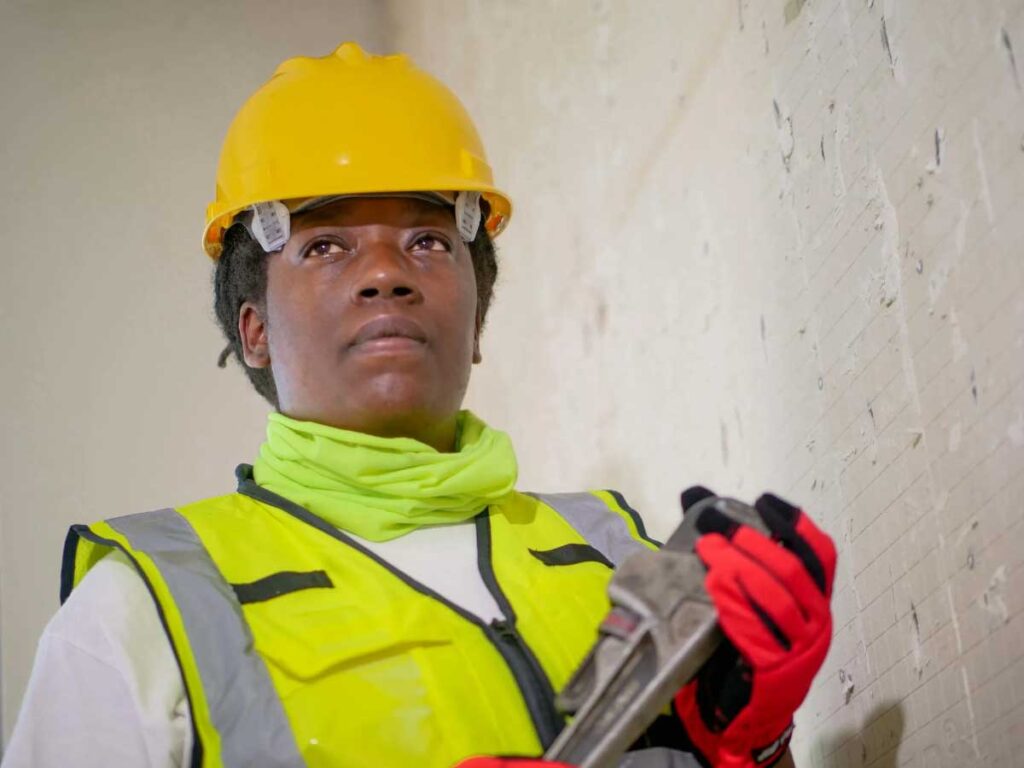There are several advantages of being a homeowner, but it isn’t always plain sailing. When you buy a property, you take responsibility for maintenance and repairs, which can often be a stressful and expensive job. It’s not possible to avoid every incident, but there are steps you can take to reduce risks. In this guide, we’ll outline simple strategies to lower the risk of home emergencies.

Create a maintenance checklist
Prevention is always better than cure. Keeping up with basic maintenance tasks can decrease the risk of problems dramatically. From boiler servicing to clearing out gutters, there are multiple jobs you can undertake to keep your home in good working order. Note down a list of tasks and create a checklist to work through every year. Include indoor and outdoor maintenance jobs. If you keep up to date, you’ll save money on repairs and increase the lifespan of home appliances and installations and outdoor structures.
Address urgent repairs
When it comes to tackling lists of jobs to do around the house, there’s a big difference between minor repairs and urgent problems. If you spot any signs of major issues, don’t delay. Address urgent repairs as quickly as possible. The sooner you can rectify problems, the better. Acting swiftly will prevent further damage or complications and reduce the cost of repairs. If you wait, there’s a risk of making the situation worse and increasing the cost of remedial work.
Make a contact list
For many of us, our homes are among our most treasured possessions. If you need help, it’s essential to make sure that you can trust the company or individual you hire to carry out repairs. Making a contact list is a brilliant idea if you’re a homeowner. Accidents happen and issues can arise out of the blue. Ask for recommendations from neighbors, colleagues and friends and make use of local social media groups. Read reviews, check company profiles and get quotes. Search for reputable local plumbers, building firms and electricians and note down contact numbers for emergency repair services. If you’ve got numbers to hand, this will save you time and effort if you need help in a hurry. Always check that businesses have the relevant insurance and get full, written quotes.
Take professional advice on board
When you buy a house, it’s common to have a survey, which flags urgent and less serious issues. Create a list based on professional advice and modify it over time. Cross off jobs you’ve tackled and add new tasks that arise. If you book a heating system inspection or a service, for example, you may be advised to schedule regular checks or replace or upgrade elements. If you have an old roof, expert roofers may recommend replacing the roof rather than carrying out regular repairs. If you are considering undertaking work, contact a few different companies and compare quotes before you decide who to hire.

Every homeowner dreads emergency situations, but unfortunately, there is always a risk of things going wrong. From plumbing issues to leaky roofs, it’s wise to be prepared. Create a maintenance checklist and address urgent repairs swiftly. Make a contact list featuring reputable, trustworthy companies and contractors and take professional advice on board.








